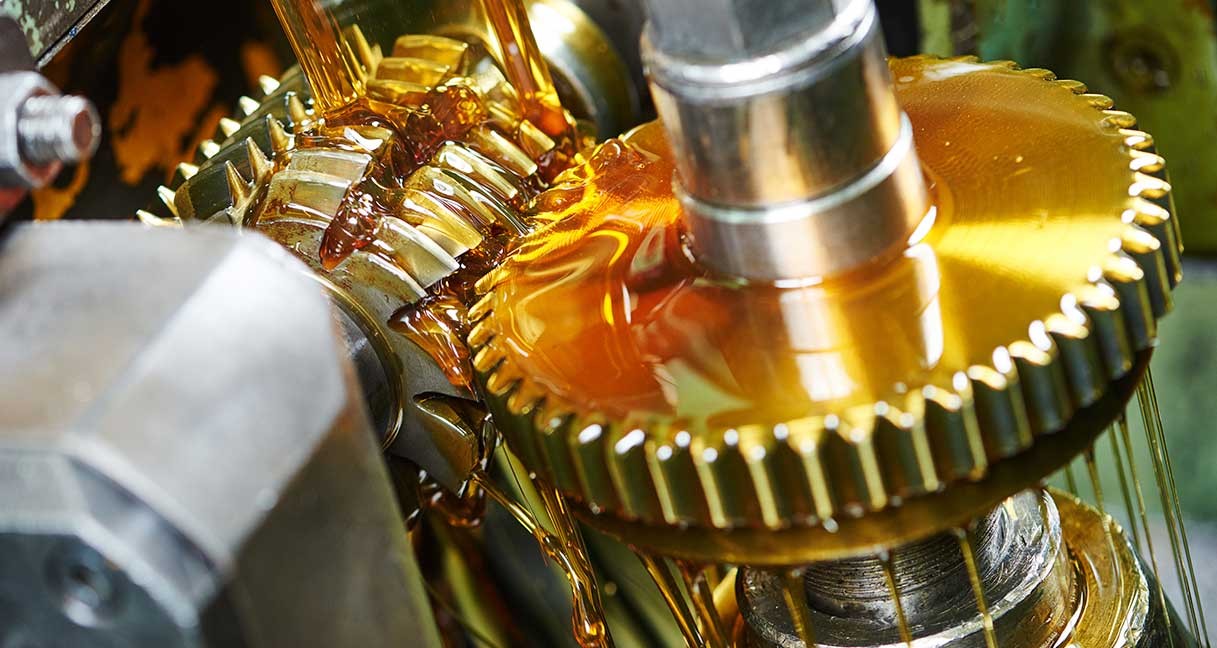In the fast-paced world of construction and heavy machinery, maintaining equipment longevity is a vital factor for operational success. One often overlooked but critical component of machinery care is the use of high-quality Industrial Lubricants. These lubricants not only reduce friction and wear but also play a key role in preventing breakdowns and costly repairs. At EVISCO, we understand the importance of optimizing equipment life through the right lubrication practices. This article delves into seven powerful tips to help you maximize your equipment’s lifespan using industrial lubricants effectively.
Understanding the Importance of Industrial Lubricants
Industrial lubricants are specially formulated oils and greases designed to reduce friction between moving parts in heavy-duty machines. Their primary purpose is to minimize wear and tear, prevent corrosion, and dissipate heat generated during operation. Using the right industrial lubricants ensures machinery runs smoothly, efficiently, and for a longer duration, significantly reducing downtime and maintenance expenses.
When you select lubricants specifically engineered for your equipment’s operating conditions, you protect vital components like gears, bearings, and engines from premature failure. Therefore, industrial lubricants are not merely consumables but essential assets for sustained productivity.
Tip 1: Choose the Right Industrial Lubricant for Your Equipment
The first step in maximizing equipment life is choosing the appropriate industrial lubricant. Every machine operates under unique conditions—temperature, load, speed, and environment—all of which affect lubricant performance. Selecting an industrial lubricant that matches these operational parameters ensures optimal protection.
For example, heavy-duty diesel engines require lubricants with excellent thermal stability, while hydraulic systems demand fluids with precise viscosity and anti-wear additives. Consulting manufacturer guidelines and working with trusted suppliers like EVISCO can help you identify lubricants that align with your equipment’s specifications.
Tip 2: Monitor Lubricant Condition Regularly
Regular monitoring of lubricant condition is essential for early detection of contamination, degradation, or loss of effectiveness. Industrial lubricants exposed to dust, moisture, or heat can deteriorate, leading to increased friction and wear.
Implementing a scheduled lubricant analysis program allows you to assess oil quality through parameters such as viscosity, acidity, and particulate content. This proactive approach helps you determine when to replace lubricants before damage occurs, thereby extending equipment life.
Tip 3: Apply Correct Lubrication Techniques
Proper lubrication techniques directly impact the effectiveness of industrial lubricants. Over-lubrication or under-lubrication can cause severe problems. Excess lubricant can lead to overheating and contamination buildup, while insufficient lubrication results in increased metal-to-metal contact.
Using precision application methods, such as automated lubrication systems, ensures consistent and accurate lubricant delivery. This precision not only safeguards machinery components but also optimizes lubricant consumption, saving costs in the long run.
Tip 4: Store Lubricants Under Optimal Conditions
Industrial lubricants are sensitive to storage conditions. Exposure to air, moisture, dirt, and extreme temperatures can degrade lubricant quality even before use. To preserve their protective properties, lubricants should be stored in clean, dry environments, preferably in sealed containers.
Avoiding contamination during storage prevents premature lubricant breakdown and maintains its performance characteristics. This simple yet often neglected step helps ensure your equipment receives the highest quality lubrication.
Tip 5: Use Additives to Enhance Lubricant Performance
Modern industrial lubricants often contain specialized additives that improve their protective capabilities. These additives can include anti-wear agents, antioxidants, corrosion inhibitors, and detergents. When carefully selected, additives enhance the lubricant’s ability to protect machinery under extreme conditions.
Consulting with lubricant experts can help you choose formulations with the right additive packages tailored for your operational environment. This customization increases the efficiency and life of your equipment by addressing specific wear and corrosion challenges.
Tip 6: Train Personnel on Proper Lubricant Handling
Human error in lubricant handling can negate even the best lubrication plans. Training your maintenance team on proper handling, application, and disposal of industrial lubricants is crucial.
Personnel should be educated about contamination risks, correct storage procedures, and safe handling practices. Proper training reduces the chance of lubricant contamination, incorrect application, and accidental mixing of incompatible oils—all of which can lead to equipment failure.
Tip 7: Schedule Routine Maintenance and Lubrication Checks
Finally, the consistent scheduling of maintenance and lubrication checks keeps your machinery in optimal condition. Regular inspections allow you to identify potential lubrication issues such as leaks, inadequate lubricant levels, or worn seals early.
Establishing a routine maintenance plan that integrates lubrication assessments helps maintain equipment reliability and reduces unexpected downtime. Staying vigilant and proactive with lubrication management guarantees that your investment in industrial lubricants translates into longer equipment life and improved productivity.
Conclusion
Maximizing equipment life requires more than just quality machinery—it demands a strategic approach to lubrication. Industrial lubricants, when chosen and applied correctly, serve as the lifeblood of heavy-duty equipment, protecting components from wear and failure. By following the seven powerful tips outlined above—selecting the right lubricant, monitoring its condition, applying proper techniques, storing correctly, using additives wisely, training personnel, and scheduling routine checks—you can significantly enhance the durability and performance of your machines.
At EVISCO, we provide expertly crafted industrial lubricant solutions designed to meet the rigorous demands of construction and heavy industry. Prioritize lubrication as a critical part of your maintenance strategy, and watch your equipment deliver superior reliability and efficiency for years to come. From expert tips to trending breaking news, it’s all available on our homepage.
FAQs
What are industrial lubricants?
Industrial lubricants are specially formulated oils and greases designed to reduce friction and wear between moving parts in heavy machinery and industrial equipment.
Why is it important to choose the right industrial lubricant?
Choosing the correct lubricant ensures optimal protection under specific operating conditions, preventing premature equipment failure and improving efficiency.
How often should industrial lubricants be checked or replaced?
Lubricants should be monitored regularly through analysis programs, with replacement schedules based on condition rather than fixed intervals, to prevent equipment damage.
Can additives improve industrial lubricants?
Yes, additives enhance lubricant performance by providing additional protection against wear, corrosion, oxidation, and contamination.
What are the risks of improper lubrication?
Improper lubrication can lead to excessive wear, overheating, corrosion, and ultimately, costly equipment breakdowns and downtime.
